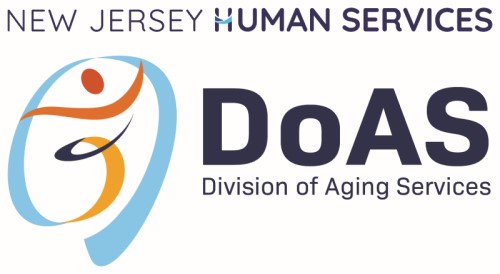The education series includes important information on eight health promotion topics including nutrition, physical activity, heart disease, memory improvement, osteoporosis, fall prevention, women's health, and safe use of medications. The modules can be delivered as separate educational programs or as a series of workshops. The goal of each module is to provide education to promote patient empowerment leading to a healthier lifestyle. Each module includes specific actions that can be taken to improve health as related to the session topic. Each session is approximately one and a half hours in length.
The Health Education modules are "turn-key" in that each includes all of the materials needed to conduct the educational session. The manuals are provided in hard copy and on disk. The sessions are designed to be delivered by health or aging professionals with experience in health education. Individuals who complete a half-day orientation program can teach the HealthEASE Health Education program. There are 242 trained facilitators providing this program in 20 counties.
The eight modules are titled:
- Exercise and Getting Fit
- Serving Up Good Nutrition
- Bone Up On Your Health (osteoporosis awareness)
- Be Wise About Your Medications (medication management/substance abuse)
- Keeping Up The Beat(self management techniques for cardiovascular disease)
- Maximizing Memory (maintaining memory/cognitive skills)
- Standing Tall Against Falls (fall prevention)
- Women's Health: The Big Three
Impact: Participants in the health education program demonstrated greater knowledge of the session topic and an increased likelihood of taking positive action steps to improve their health in this area. These positive outcomes were evident for those seniors who attended individual sessions, as well as those who attended the complete education series.
Call 609-438-4797 for more information about the HealthEASE program, upcoming classes, and leader training sessions.
 Official Site of The State of New Jersey
Official Site of The State of New Jersey